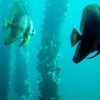
Warmer waters lure fish south
As ocean temperatures rise off Western Australia, sub-tropical fish are swimming south and many are staying there, writes ABC news. Read the interview with research scientist and Redmap WA coordinator Dr Gary Jackson here.
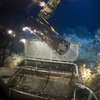
Deep oceans may hold the key to global warming
US and British researchers may have identified the fingerprint of global warming in one of the darkest, coldest, most mysterious places on the planet, writes the Climate News Network. Read the full article here.
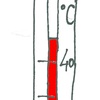
Four degrees is not alarmist, says climate scientist
A four degrees increase in temperature is unfortunately now a realistic prospect by the end of this century, says Associate Professor of Environmental Policy at Melbourne University, Dr Peter Christoff. Listen to his interesting but scary interview on ABC's The World Today.
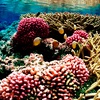
Sea corals improve bone grafts!
Another reason to protect our oceans: they may help us medically! Science Daily writes: sea coral could soon be used more extensively in bone grafting procedures thanks to new research that has refined the material's properties and made it more compatible with natural bone. Read the full article here.
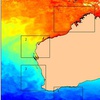
Ocean warming: a book review
"A new book summarizing much of what we know about oceans and the role they play in shaping our Earth's climate was just published," writes the Guardian newspaper. Read the Guardian's book review here.
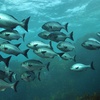
A silent storm
Global warming is causing a silent storm in the oceans by acidifying waters at a record rate, threatening marine life from coral reefs to fish stocks, writes The Sydney Morning Herald. Read the full article here.
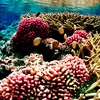
Rare corals thriving in extreme climate
Here's a good news story on climate change from ABC online: The unspoilt tropical waters of Australia's Kimberley coast are home to corals thriving in environmental extremes of temperature and salinity not seen anywhere else in the world. Read the full story here.
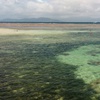
Marine plants fight climate change
It's not all doom and gloom in the oceans! New research shows seagrass, mangroves and salt-marsh ecosystems can adapt to and help mitigate climate change impacts. Defences include being major CO2 sinks, dissipating waves and reducing coastal erosion, according to the University of WA. Read more.
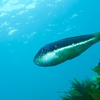
Pacific Ocean warming 15 times faster
In a study out today in the journal Science, researchers say that the middle depths of a part of the Pacific Ocean have warmed 15 times faster in the past 60 years than they did during the previous 10,000 years, writes USA Today. Read the full story here.












